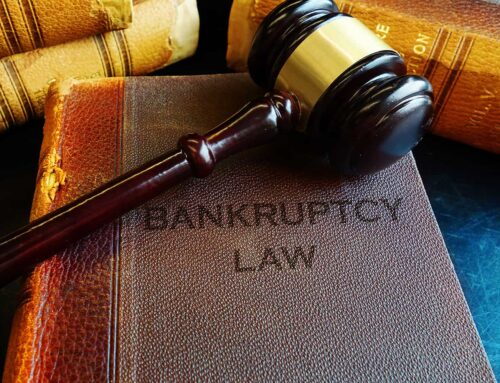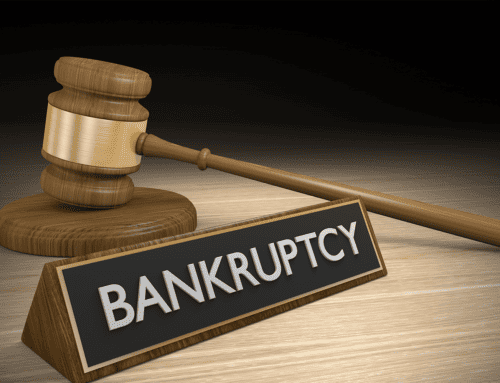When you file for bankruptcy, you may have to sell certain assets to repay your creditors. However, other assets can be considered exempt depending on the laws in your state. If you are struggling with debt you can’t repay, a qualified bankruptcy attorney can help you create a Chapter 7 or Chapter 13 bankruptcy plan that allows you to keep your home, your car, and the other necessities of living.
California Exemption Thresholds
Property valued at less than the exemption threshold in your state will not be seized by the court. In California, those who file bankruptcy can choose between two exemption charts. Your home can be declared exempt if you have less than $75,000 in equity if you are single; $100,000 if you are single and older than 55; $100,000 for a family; and $175,000 for anyone older than age 65, or anyone either physically or mentally disabled.
Read more on Bankruptcy & Real Estate.
Reaffirmation Agreements
If you are filing for Chapter 7 bankruptcy and you are still making payments on the car, you can keep your car by signing a document called a reaffirmation agreement. This contract states that you will continue to pay auto loan as agreed, and in exchange will retain ownership of the vehicle. That being said, the property in question can be seized by the creditor if you fall behind on future payments. In some instances a debtor is not required to sign a reaffirmation agreement or the signing of such an agreement is not in the debtor’s best interests. An experienced bankruptcy attorney will be critical in assisting the debtor in making that decision.
Debt Reorganization
With Chapter 13 bankruptcy, debt is reorganized so you can more easily afford the payments. You can keep your property in a Chapter 13 filing as long as you continue to make payments. If you have missed mortgage payments, the bankruptcy trustee assigned to your case can approve a plan that allows you to catch up on your home loan.
However, the exemption thresholds described above still apply. Unlike with Chapter 7 bankruptcy, you can arrange to pay the court the difference between the allowed exemption amount and the amount of equity in your home. For example, if you are single and have a home with $100,000 in equity, under a Chapter 13 plan you can pay $25,000 to keep your home.
An experienced bankruptcy attorney can review your financial situation and determine whether you are eligible for bankruptcy and what property can be exempted from your filing. Clients in California can trust the quality legal services provided by Brent George Law. Contact us today!






